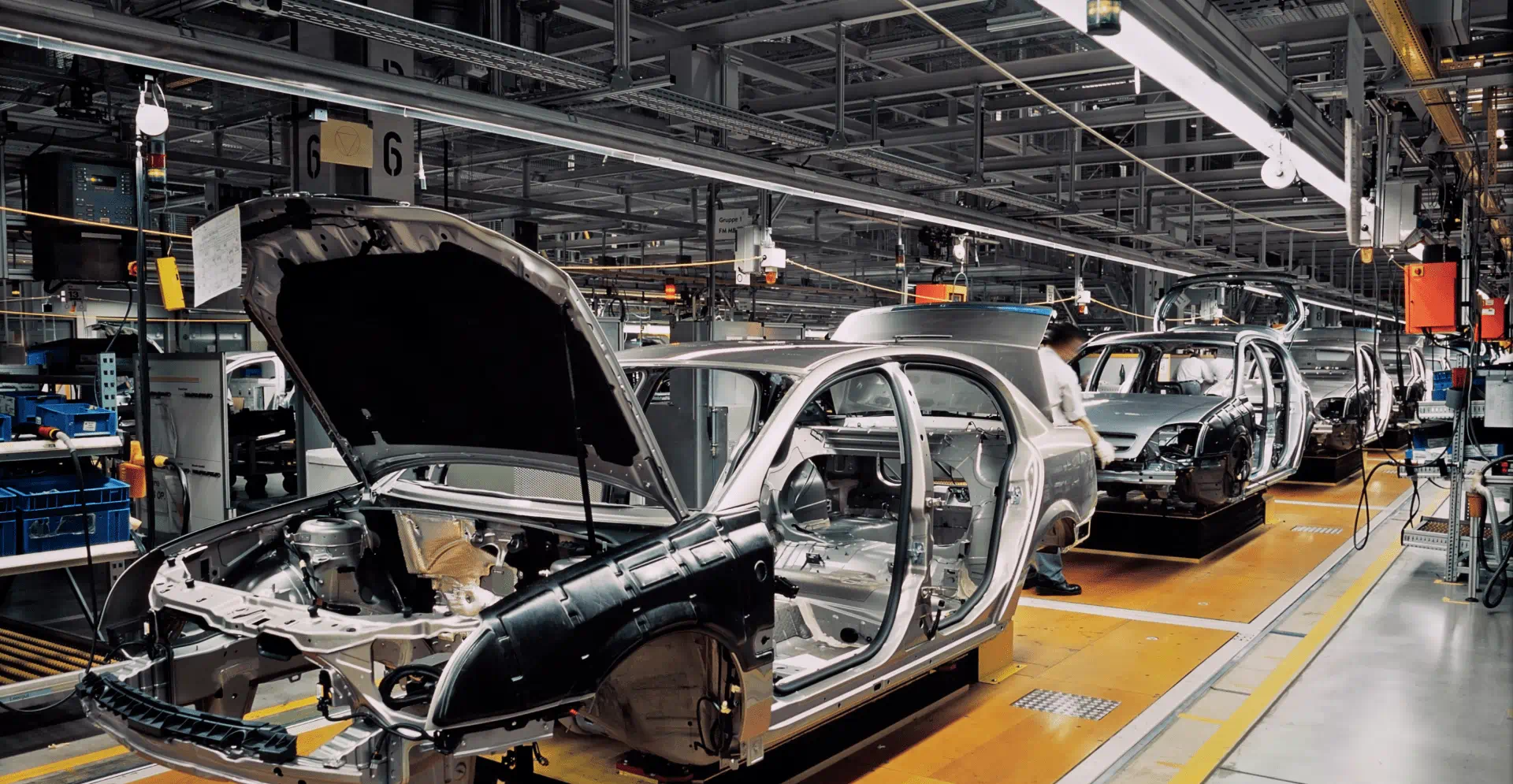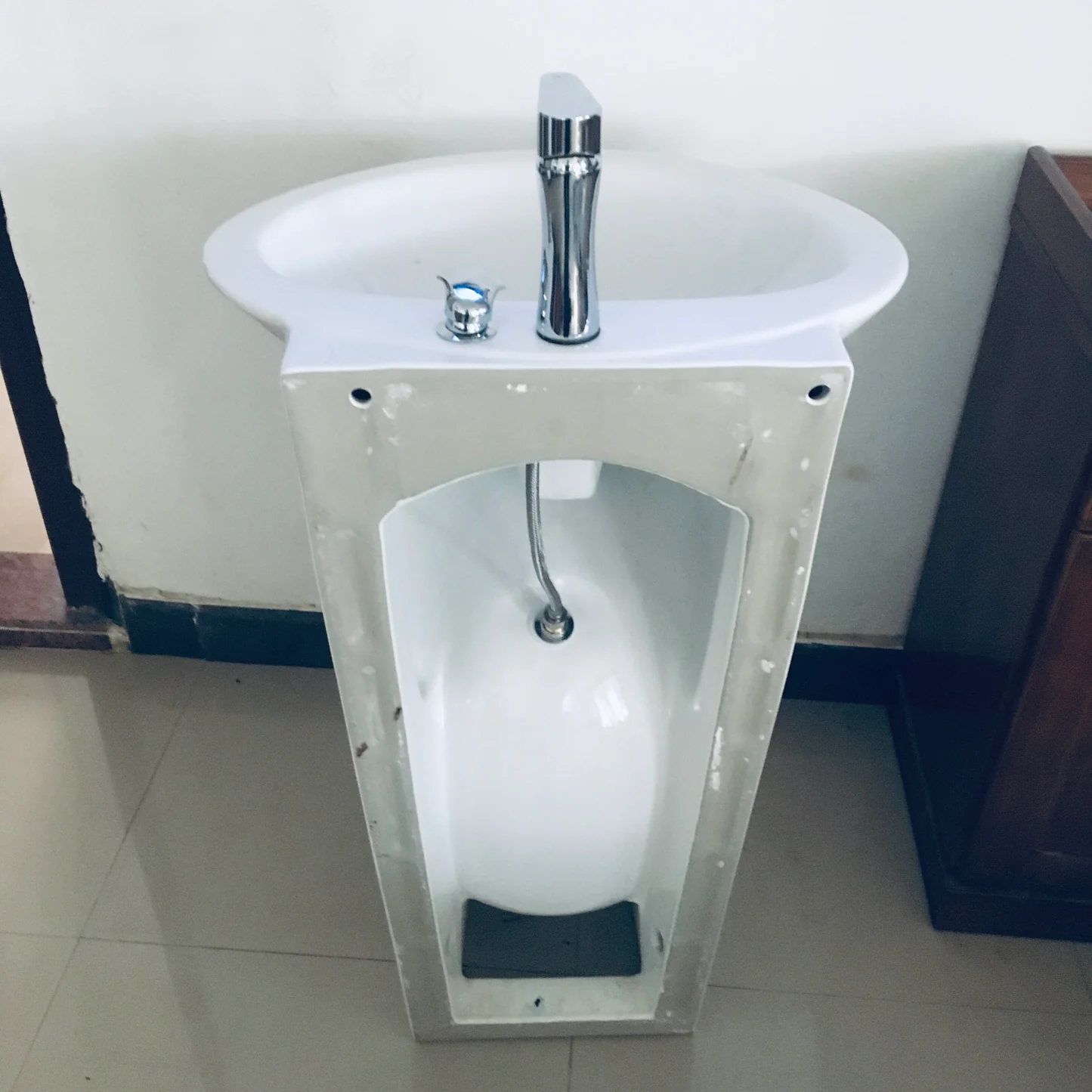As we cruise into 2025, the automotive industry is shifting gears faster than ever before. Innovation, sustainability, and digital transformation are redefining what it means to build—and own—a car. From eco-friendly materials to autonomous driving and ultra-protective finishes, the future of car manufacturing is not just exciting—it’s revolutionary.
Whether you’re a car enthusiast, a buyer, or someone simply curious about where the industry is headed, understanding these trends can give you a clearer view of the road ahead.
1. Electric Vehicles (EVs) Take the Fast Lane
The electric vehicle revolution is no longer just a trend—it’s the new standard. Major car manufacturers are investing heavily in EV production, aiming to phase out petrol and diesel models in favor of cleaner, battery-powered alternatives.
Thanks to advancing battery technologies, EVs in 2025 are expected to offer longer ranges, faster charging times, and more affordable price points. With supportive government policies and growing infrastructure, EVs will become more accessible to everyday drivers.
Car makers are also prioritizing sustainability, using recycled materials and reducing their carbon footprint at every step of the manufacturing process.
2. Smart Manufacturing with AI and Automation
Artificial Intelligence (AI) and machine learning are now critical components of modern car manufacturing. From robotic assembly lines to predictive maintenance and quality control, AI-driven automation is increasing efficiency, reducing errors, and accelerating production.
This shift not only lowers manufacturing costs but also ensures vehicles are built with higher precision and consistency. Plus, manufacturers are using real-time data analytics to optimize supply chains and reduce waste.
The result? Smarter, faster, and more sustainable production lines that benefit both companies and consumers.
3. Customization Through 3D Printing and Modular Design
Say goodbye to one-size-fits-all. The future of car manufacturing is personal.
Thanks to 3D printing and modular components, manufacturers can now offer more customization options without delaying production. Want a unique dashboard design, custom rims, or personalized trim? It’s becoming easier and more cost-effective to make those dreams a reality.
This approach not only enhances customer satisfaction but also allows manufacturers to adapt to niche markets and changing preferences quickly.
4. Next-Gen Protective Finishes and Car Coatings
As car exteriors get sleeker and more futuristic, keeping them protected has become just as advanced. Paint protection has evolved dramatically, and one of the standout trends in 2025 is the growing popularity.
Graphene coating, known for its extreme strength and conductivity, offers a lightweight, ultra-durable shield against scratches, UV rays, chemical damage, and water. It lasts longer than traditional coatings and gives vehicles a showroom finish that doesn’t fade over time.
Car owners and manufacturers alike are leaning into this next-gen coating as both a performance and aesthetic upgrade—especially as car designs become more minimalist and futuristic.
5. Autonomous Driving and Connected Cars
Self-driving technology is no longer science fiction. In 2025, we’re seeing more vehicles equipped with advanced driver-assistance systems (ADAS) and semi-autonomous features like lane centering, adaptive cruise control, and self-parking.
Beyond autonomy, vehicles are now connected like never before. Thanks to the Internet of Things (IoT), cars can communicate with each other, the road infrastructure, and even smart devices. This connectivity enhances safety, navigation, and real-time diagnostics.
Manufacturers are also working on over-the-air (OTA) software updates—meaning your car can get smarter and safer without needing a physical visit to the service center.
6. Focus on Sustainability Beyond the Engine
Sustainability isn’t just about electric engines. Automakers are exploring every part of the vehicle for eco-friendly alternatives. Interior materials are being swapped for vegan leather, recycled fabrics, and natural fibers. Manufacturing plants are cutting down on water usage, emissions, and waste.
The push for circular manufacturing—where materials are reused or recycled—means the life cycle of a car, from production to disposal, is becoming more sustainable.
As more consumers prioritize eco-conscious brands, car companies are adapting not just to meet regulations, but to meet values.
7. Global Expansion of Coating Services and Aftercare
Alongside smarter and greener vehicles, aftercare is evolving too. Car owners are now more invested in long-term protection and maintenance than ever before. Services like Ceramic coating for Sydney have seen a boom due to rising demand for long-lasting, high-performance vehicle finishes.
Ceramic coatings protect against everyday wear and tear, environmental damage, and minor scratches—all while enhancing the car’s appearance. These coatings are becoming a go-to for new car buyers who want to preserve their investment and maintain a luxurious shine.
8. Lightweight Materials and Improved Aerodynamics
To improve fuel efficiency and EV range, car manufacturers are embracing lightweight materials like carbon fiber, aluminum, and advanced composites. These materials reduce the overall weight of the vehicle, improving speed and battery performance while maintaining safety standards.
Enhanced aerodynamics also play a key role. Futuristic car designs feature smoother curves, lower profiles, and active components like adjustable spoilers that adapt to driving conditions.
These innovations contribute to better fuel economy, longer EV ranges, and a more dynamic driving experience.
9. Shared Mobility and Subscription Models
Another emerging trend is the shift from car ownership to car access. Shared mobility services, like ride-sharing and car subscriptions, are becoming more popular in urban areas where owning a car may not be practical or cost-effective.
Automakers are responding by offering flexible ownership models—monthly subscriptions that include maintenance, insurance, and roadside assistance, all bundled into one convenient package.
As lifestyles and expectations change, the traditional model of car ownership is being redefined.
Final Thoughts: Driving Toward the Future
The automotive world is in the midst of an exciting transformation. In 2025, car manufacturing is smarter, greener, and more personalized than ever. With a focus on cutting-edge materials and evolving aftercare solutions, the emphasis is on quality, durability, and customer satisfaction.
Whether you’re in the market for a new ride or simply fascinated by innovation, one thing’s clear—the future of cars is fast, flexible, and full of possibilities.




